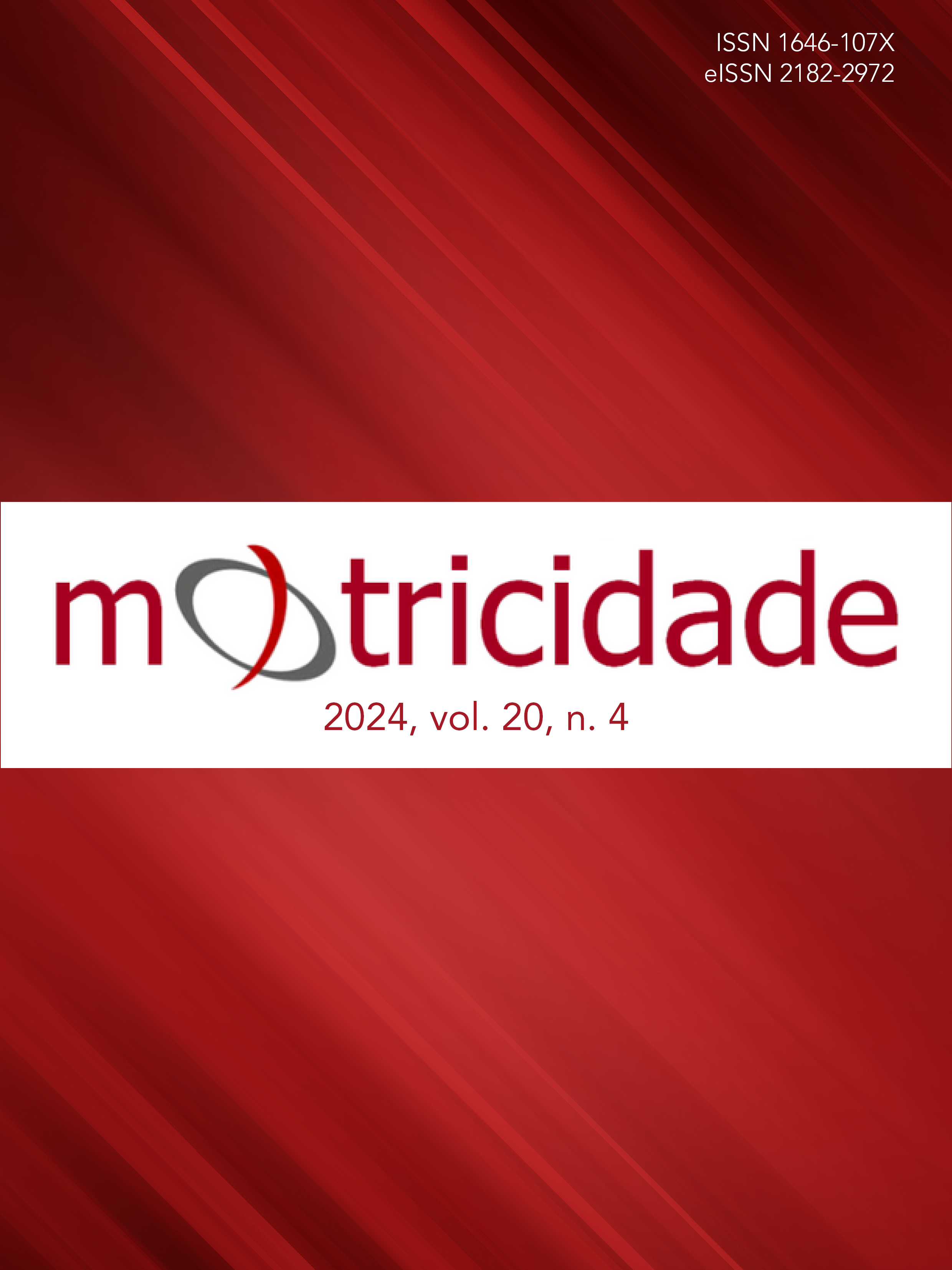The use of control group in research design: the ethical challenge in the population with intellectual and developmental disabilities
DOI:
https://doi.org/10.6063/motricidade.30653Keywords:
control group, experimental group, ethical challenges, intellectual and developmental disabilities, research designAbstract
Ethics studies moral values and defines good and bad conduct in research and researchers. In research with human beings, it plays a crucial role in imposing limits, reducing abuses, and providing fair lines of research. The use of control groups in this type of research has been addressed and seems to be an effective method to assess the effects of an intervention, but it has raised doubts about the ethical challenges it involves. Therefore, this narrative review aims to address the ethical challenges in the use of control groups in research projects. In the analysed studies on populations with intellectual and developmental disabilities (IDD), it was found that most researchers favoured the use of control groups, which, during the research period, did not engage in any activity other than the usual activities in their daily lives. However, they should ensure that the control group has the opportunity to perform an intervention equal to the one performed by the experimental group after the end of the research. In addition, it was possible to verify that, for the most part, the authors ensure the follow-up of ethical standards in studies with human subjects.
Downloads
Published
Issue
Section
License
The authors of submitted manuscripts must transfer the full copyright to Journal Motricidade / Sílabas Didáticas Editions. Granting copyright permission allows the publication and dissemination of the article in printed or electronic formats, and copyrights start at the moment the manuscript is accepted for publication. It also allows Journal Motricidade to use and commercialise the article in terms of licensing, lending or selling its content to indexation/abstracts databases and other entities.
According to the terms of the Creative Commons licence, authors may reproduce a reasonable number of copies for personal or professional purposes, but without any economic gain. SHERPA/RoMEO allows authors to post a final digital copy (post-printing version) of the article on their websites or on their institutions' scientific repository.


